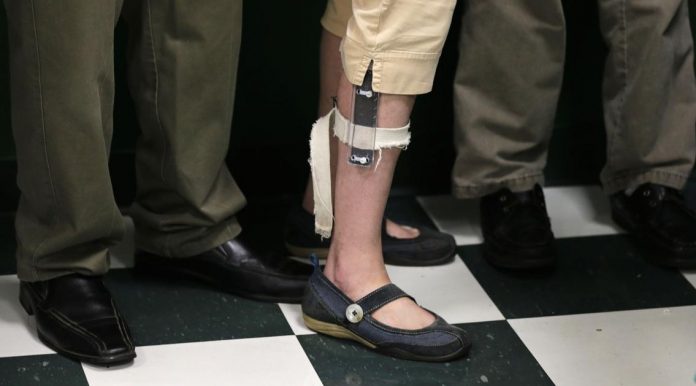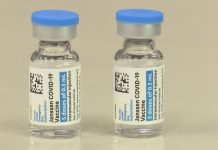The FDA has exercised a rarely used authority to completely ban a product from the market: the use of electric shock devices for conditioning a person against self-harm or aggressive behaviors.
The agency pointed to evidence that these devices present substantial psychological and physical risks and, in fact, can worsen underlying symptoms—while leading to heightened anxiety, depression and post-traumatic stress disorder.
Additionally, the FDA said that “many people who are exposed to these devices have intellectual or developmental disabilities that make it difficult to communicate their pain,” which can include burns and tissue damage from electrodes attached to the skin.
“Evidence of the device’s effectiveness is weak and evidence supporting the benefit-risk profiles of alternatives is strong,” the agency said.
The FDA has only banned two other products since it was granted the authority—prosthetic hair fibers in 1983 and powdered exam and surgical gloves in early 2017—and said the inherent dangers of electrical stimulation devices, or ESDs, could not be corrected through new labeling or other regulatory changes.
“Since ESDs were first marketed more than 20 years ago, we have gained a better understanding of the danger these devices present to public health,” said William Maisel, director of the FDA device center’s Office of Product Evaluation and Quality. “Through advancements in medical science, there are now more treatment options available to reduce or stop self-injurious or aggressive behavior, thus avoiding the substantial risk ESDs present.”
The agency’s final rule, which takes effect April 6, closes a 2016 proposal to ban the devices from the market. The ruling does not apply to ESDs used for other purposes, such as smoking cessation, or other cleared or approved devices such as cranial electrotherapy stimulators or transcranial magnetic stimulation.
The FDA is, however, allowing a six-month period to transition certain individuals to newer treatments—including at the sole U.S. facility employing these devices according to the agency’s knowledge, the Judge Rotenberg Educational Center in Canton, Massachusetts, involving between 45 and 50 people.
“The FDA believes that state-of-the-art behavioral treatments, such as positive behavioral support, and medications can enable health care providers to find alternative approaches for curbing self-injurious or aggressive behaviors in their patients,” the agency said.













